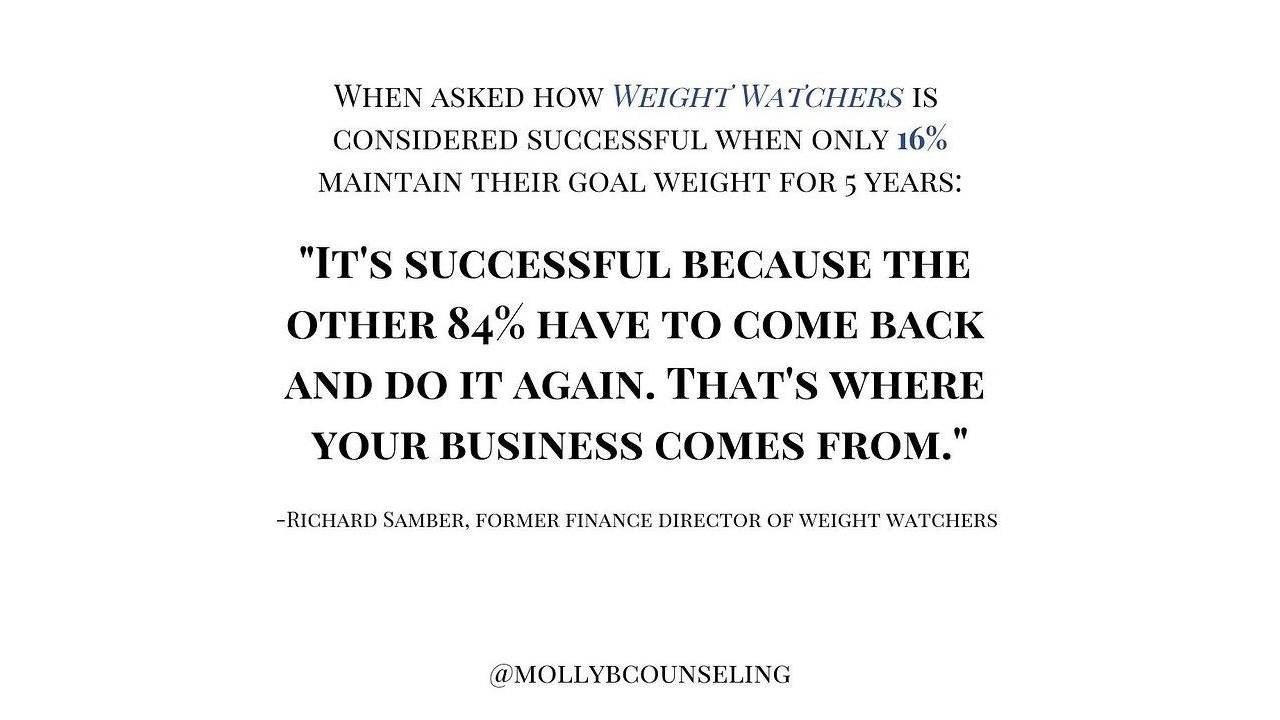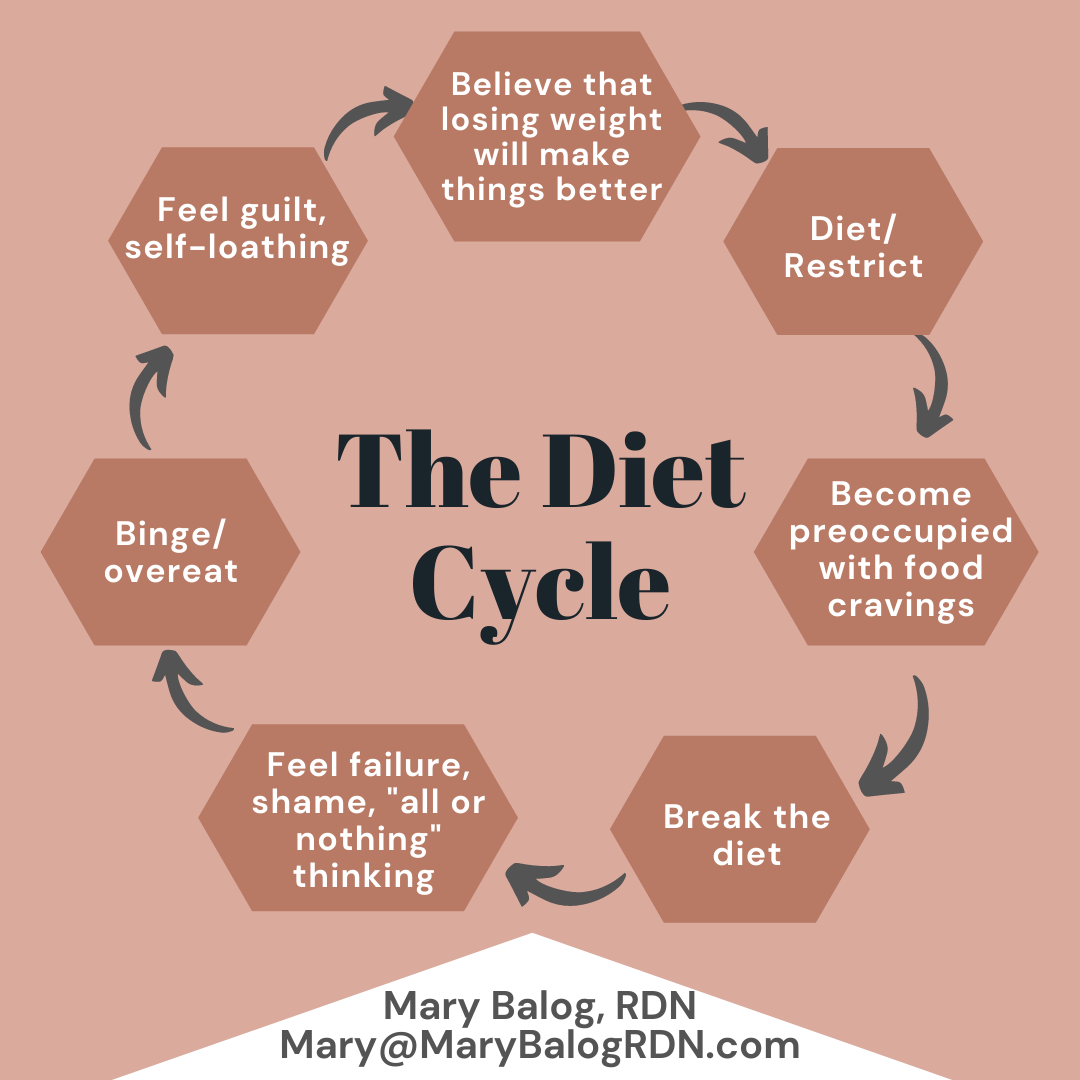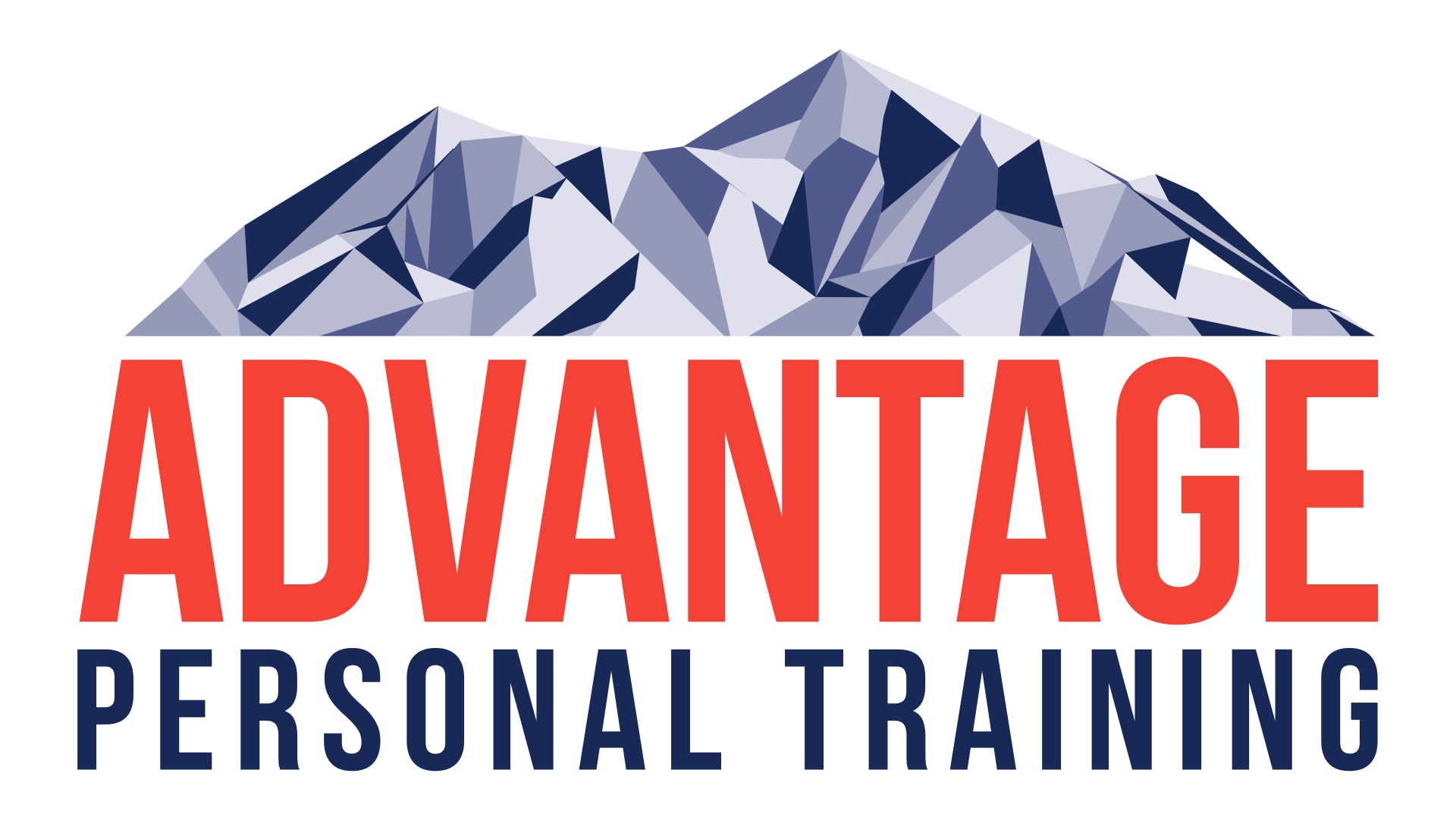Lessons From a Life In Athletics
There was a period of time after college that I viewed being a pro athlete as a way to buy time before getting a “real” job. Don’t get me wrong, it was an amazing experience and it afforded me a number of opportunities I would not have otherwise had, but early in my career I did not realize how much I was learning. It was not until my last 2 or 3 years of playing hockey that I began to reflect on my career and recognize just how much athletics had taught me over the years. I want to share this not to tell my own story, but to encourage our younger athletes to realize how special their time in athletics is and to stress that being a part of a team means more than showing up at practice and competition. Valuable lessons in the areas of accountability, responsibility, and leadership can be learned if you are paying attention, so I would like to shed light on some of these lessons.
Accountability: As a member of a team, you find out quickly that you are accountable for your own actions. For example, a quarterback who throws an interception will probably take most of the blame for his mistake. That quarterback can respond in one of two ways: begin pointing fingers, claiming his receivers did not run the proper routs or his offensive line did not offer enough protection, or he can look to himself and ask “What can I do better.” The quarterback who points fingers at others will make no adjustments to his own game, and is likely to make the same mistake again. The quarterback who responds by looking at himself puts himself in a situation to learn from his mistake. By taking a look at what he can do better, he not only makes himself accountable for his error, but he takes that knowledge of a better option into the next game and, given a similar situation, may make a safer play that allows his team to keep the ball. That is holding oneself accountable.
Responsibility: Athletes have a lot on their plates. In youth athletics, the focus is on learning and having fun, so the need for a great amount of responsibility is minimal. As athletes get older and transition into higher levels of competition, the need for a great amount of responsibility begins to increase. A greater number of practices each week, additional dryland training sessions, increasing schoolwork loads, travel to competitions, and more stressful “must win” competitions all work together to place higher demands on the athlete, forcing them to do more and more to keep their stuff together. Take a high end high school athlete for example. Not only is that athlete juggling the demands of a typical high school student, but he is doing all that while maintaining the habits of a high end athlete. This means that in addition to schoolwork and social demands, he must also deal with the stress of training and competition. Learning how to deal with being pulled in several different directions has the potential to teach responsibility, efficiency, time management, and stress management. Athletics offers a healthy environment to learn these lessons in responsibility that will last long after the playing career is over.
Leadership: Organizations at every level depend on a leadership structure. Military, large corporations, government, schools, and team sports rely on leaders to direct the organization, assume roles, and make tough decisions that ultimately aim to produce success. For me, a lifetime in athletics has proven that a team without solid leadership is a team without success, so team sports offer an excellent way for youth to begin learning the importance of being a good leader.
So what makes a good leader? Leaders put the team first, set an example for others to follow, take action to accomplish goals, and have the ability to make tough decisions for the good of the team. To quote Col. Alex Shine, the Commandant of the military school I attended, “Leadership takes guts.” This has stuck with me through the years, and is especially true in team sports. Many times, being a leader means making difficult or unpopular decisions to help the team succeed, even if it means having the guts to stand alone.
There are an endless number of lessons that can be learned in an athletic career, and the beauty of it is, these lessons can be learned at every level. This is by no means a full list of the lessons I learned, but I believe they are a few of the most important. The qualities I described not only helped me in my athletic career, but are now helping me achieve success in my professional and personal lives. First and foremost, enjoy athletics, but don’t forget to pay attention to the valuable lessons you learn along the way.
Have fun out there,
Brian.




Advantage Personal Training is an Ann Arbor based Family Oriented Gym, focusing on the training needs of individuals, small groups and youth athletes. Meet with a results-oriented personal trainer and put yourself on the path to a more active life!
SERVICES
CONTACT INFORMATION
Hours of Operation
Mon to Fri: 6:00 AM - 8:30 PM
Sat: 8:30 AM - 12:30 PM
Sun: CLOSED
All Rights Reserved | Advantage Personal Training

